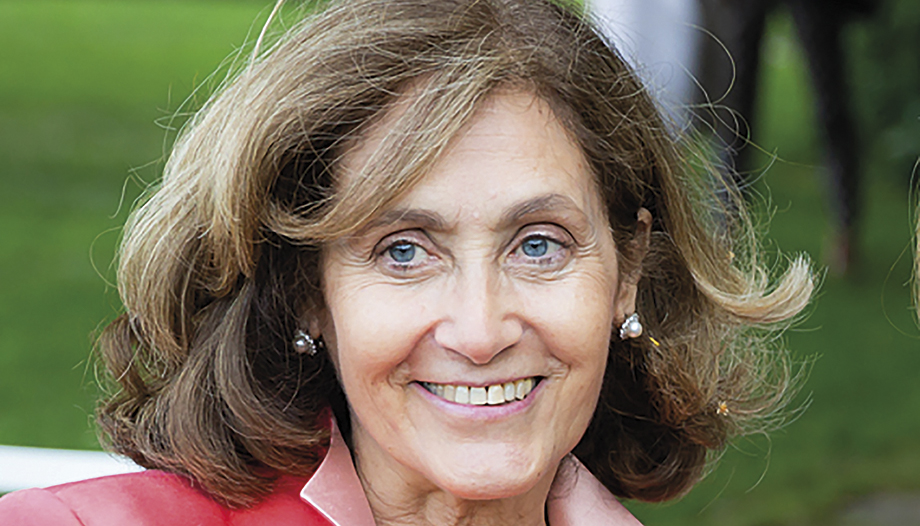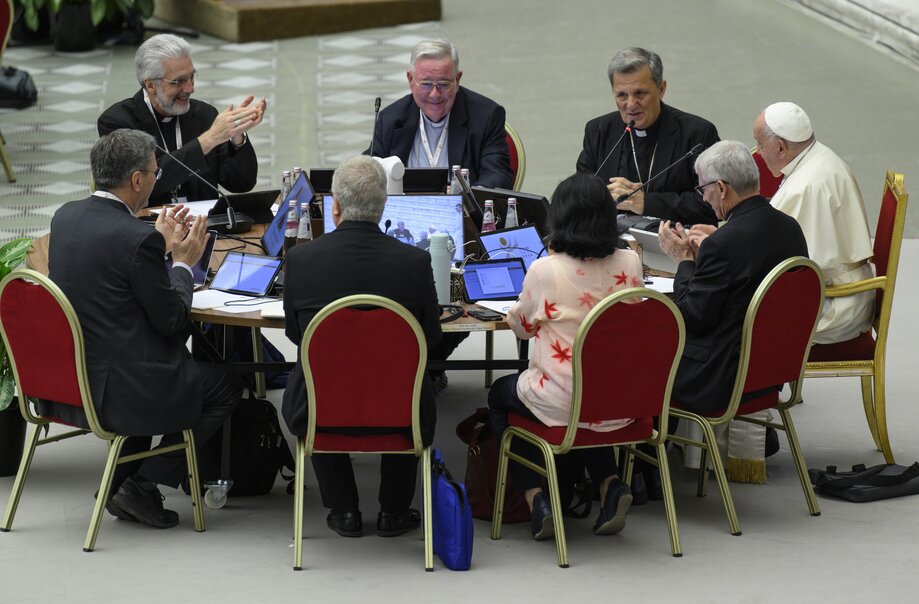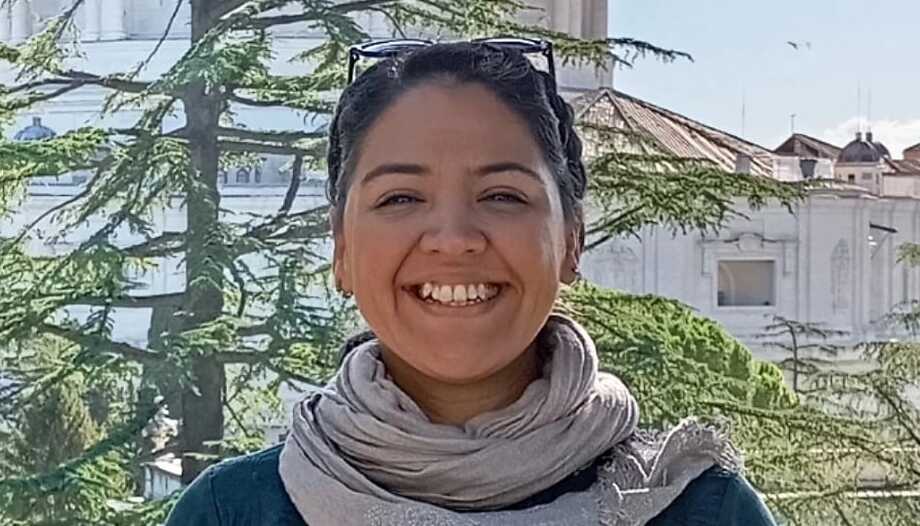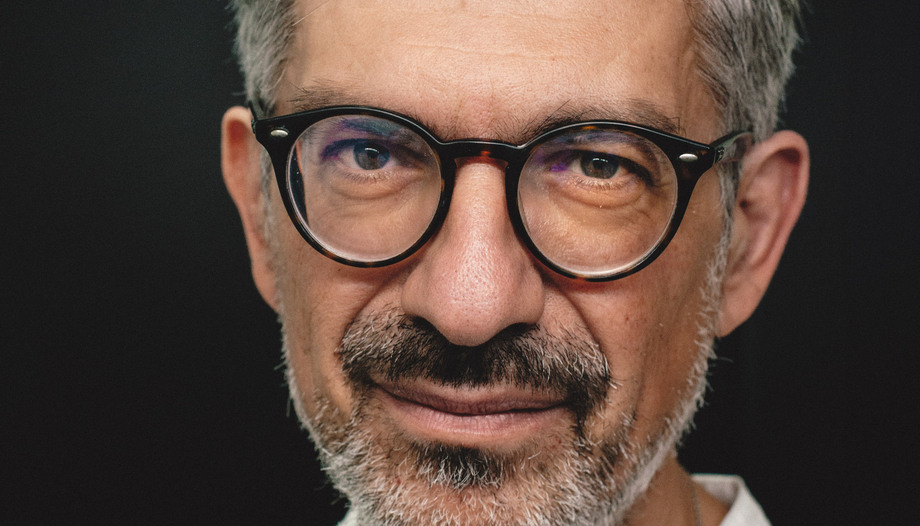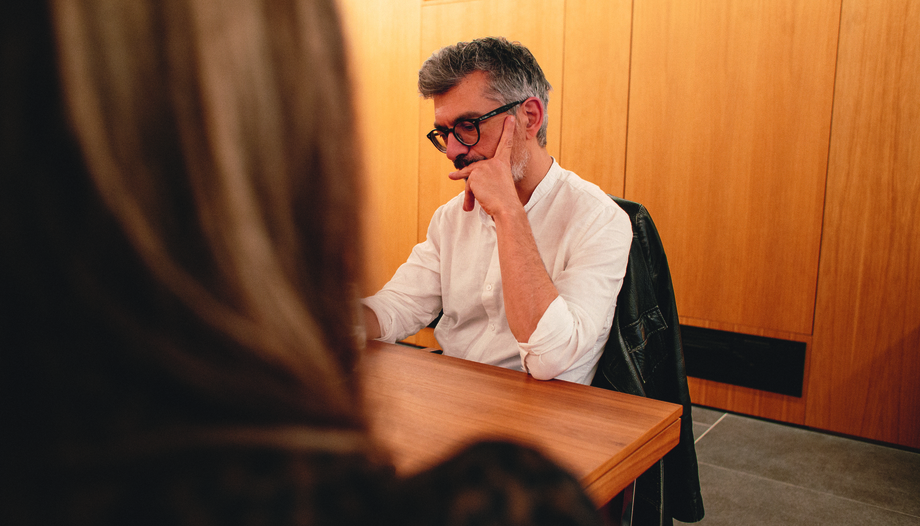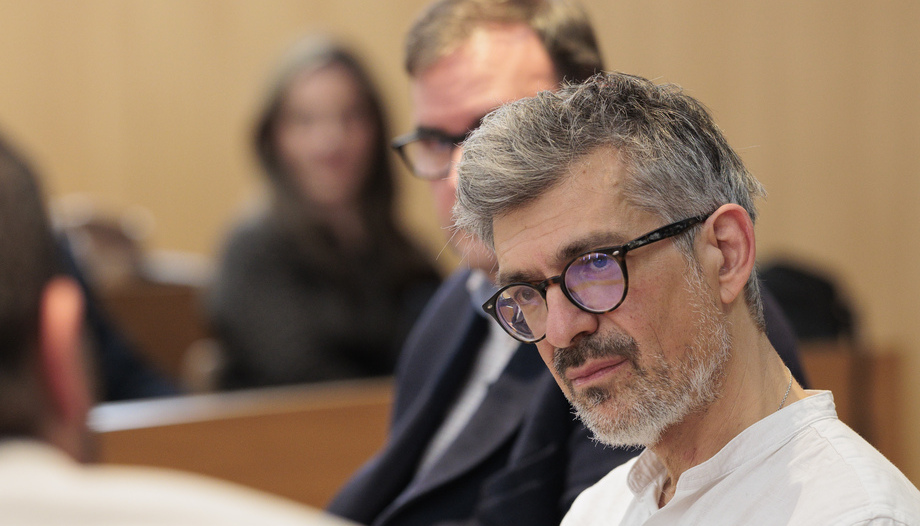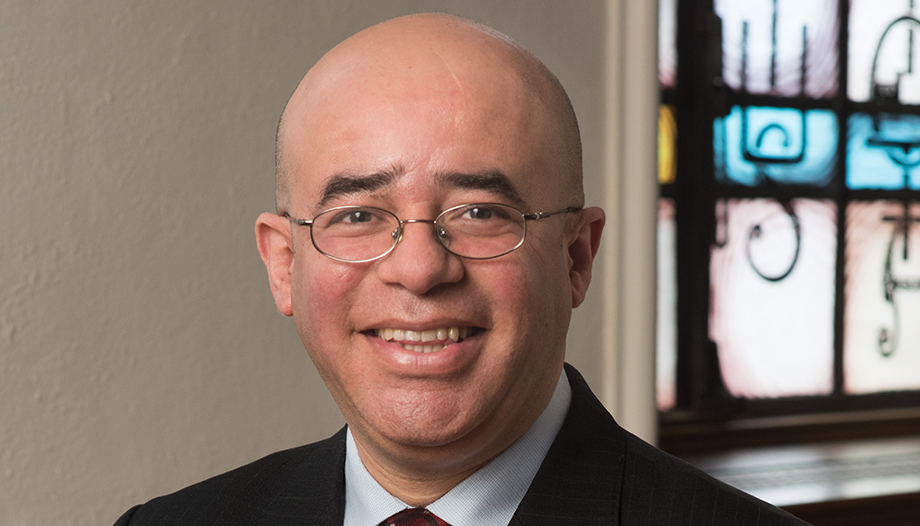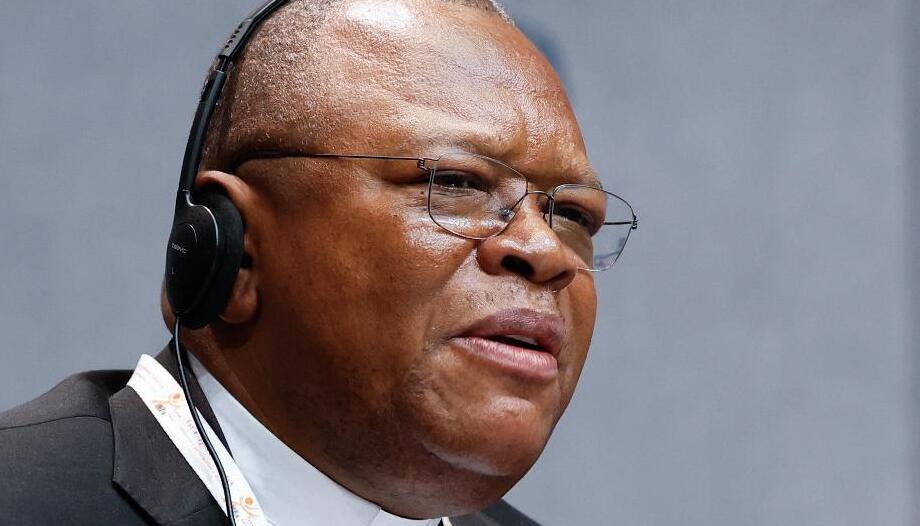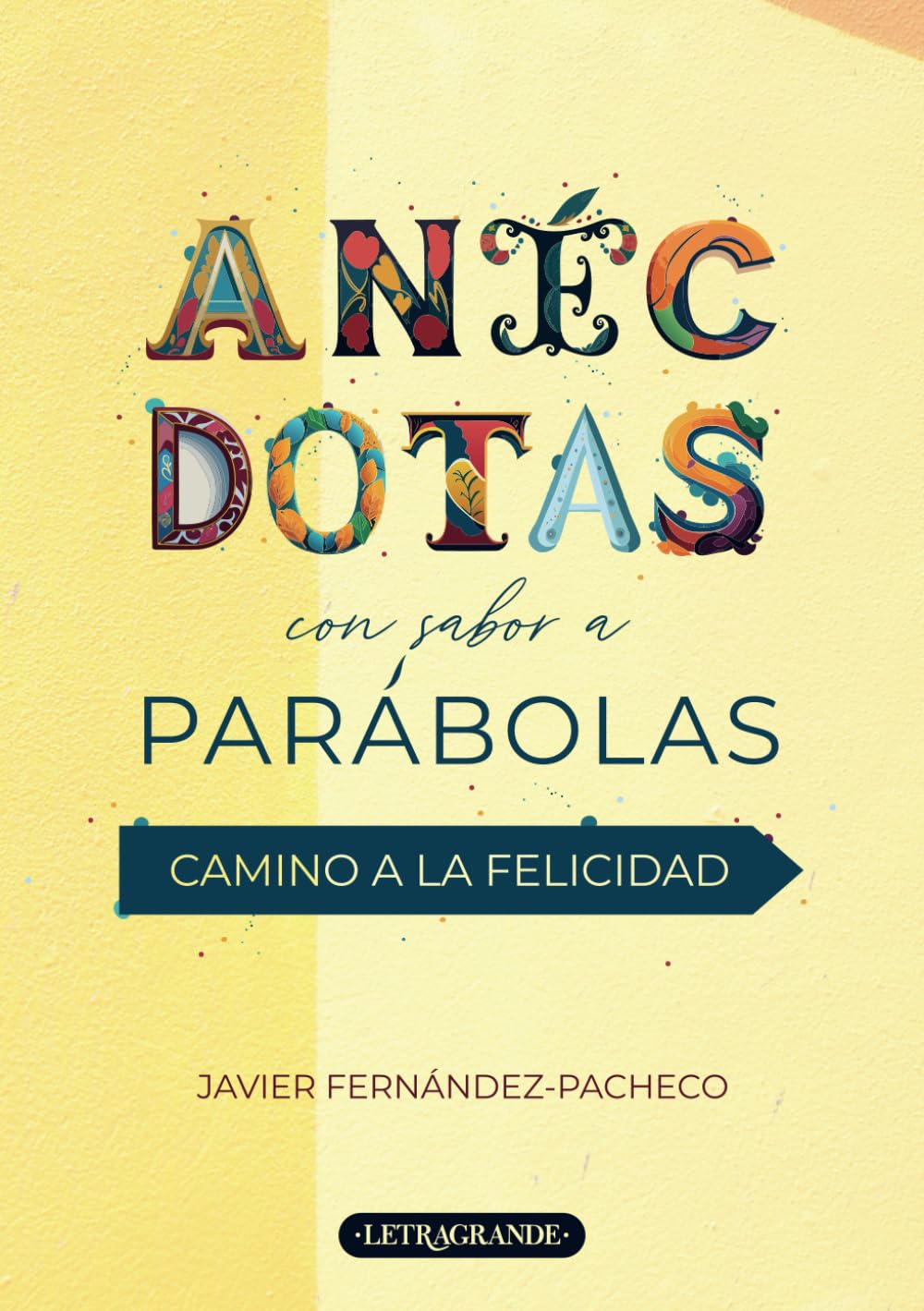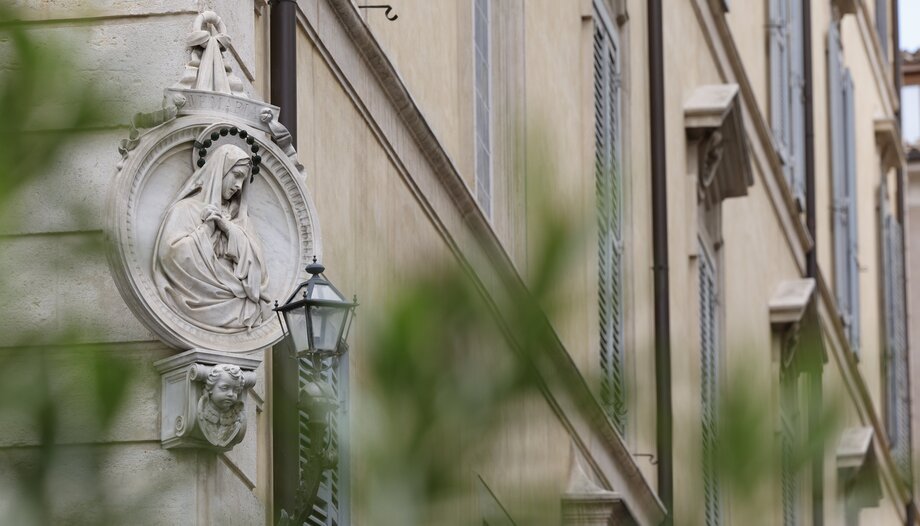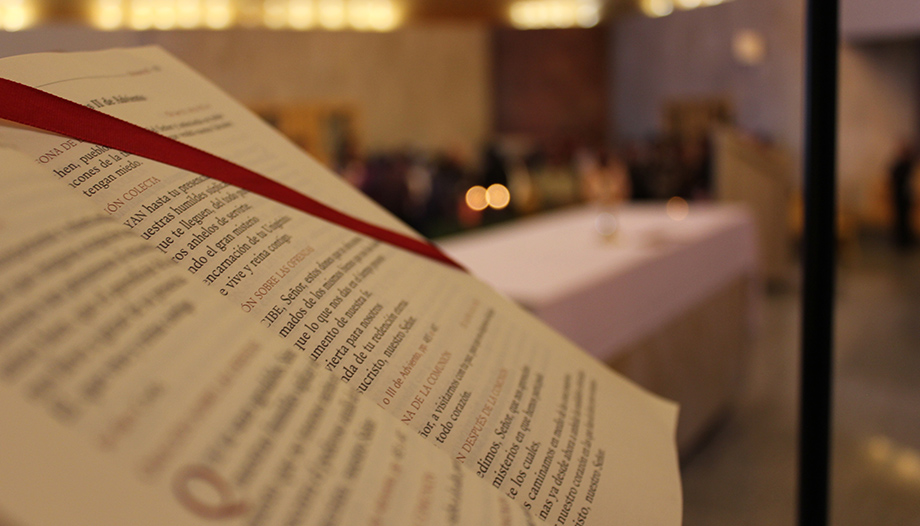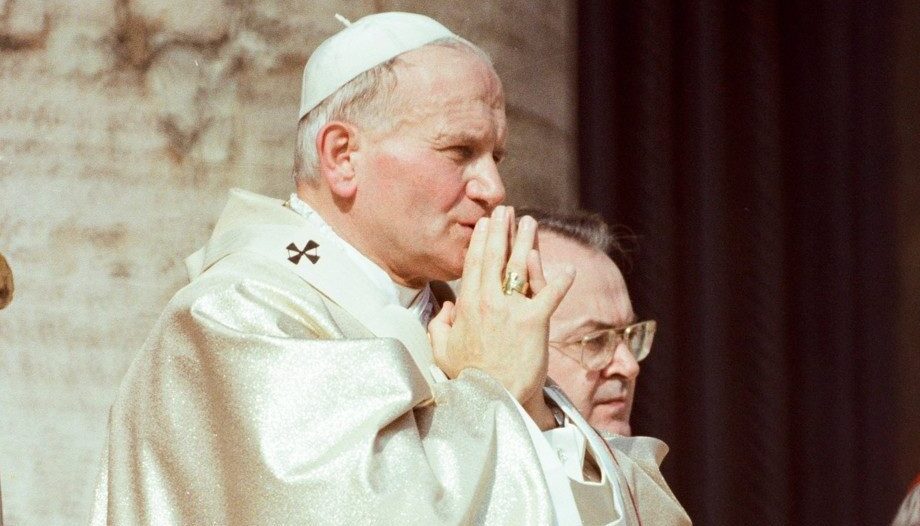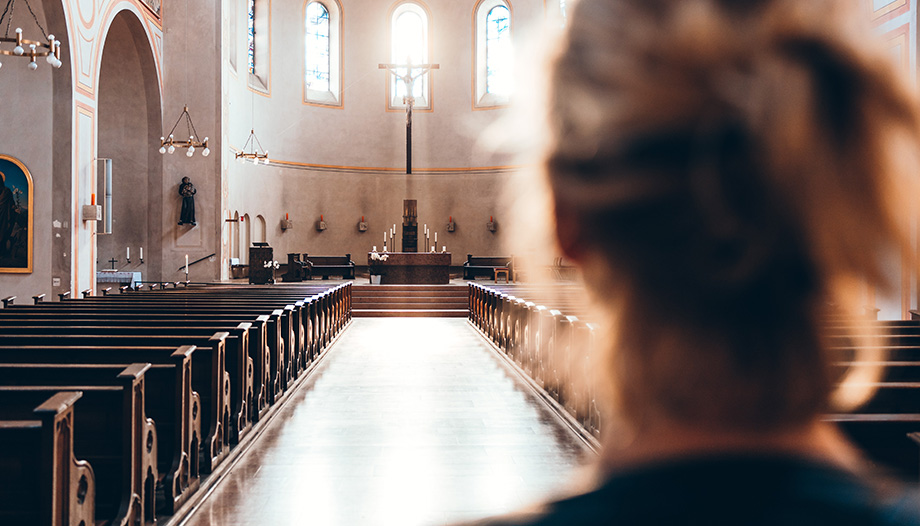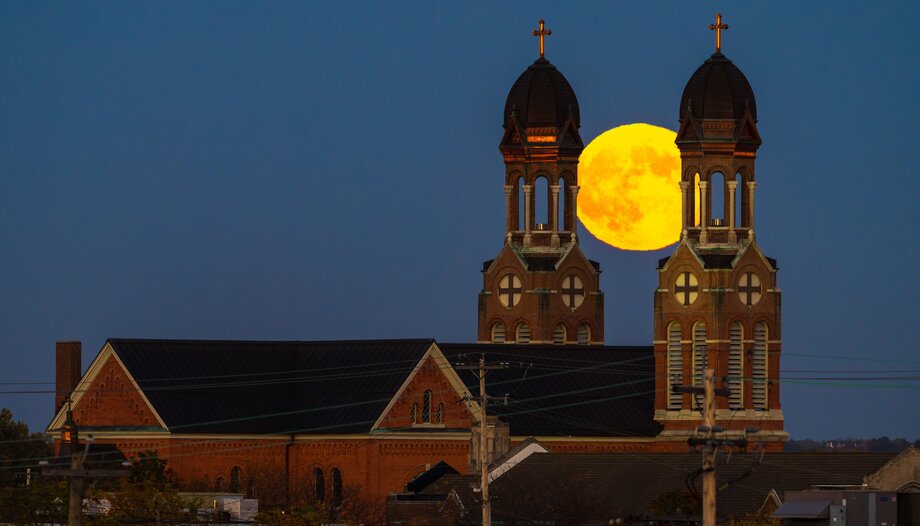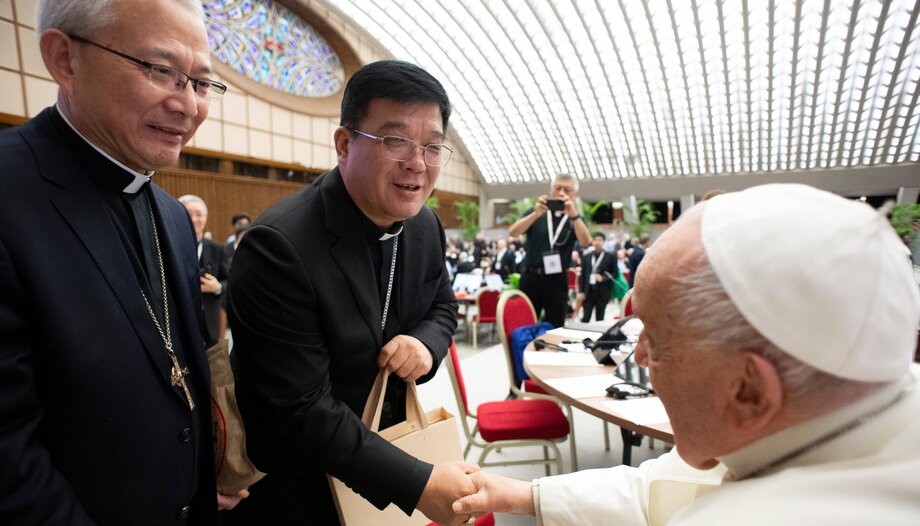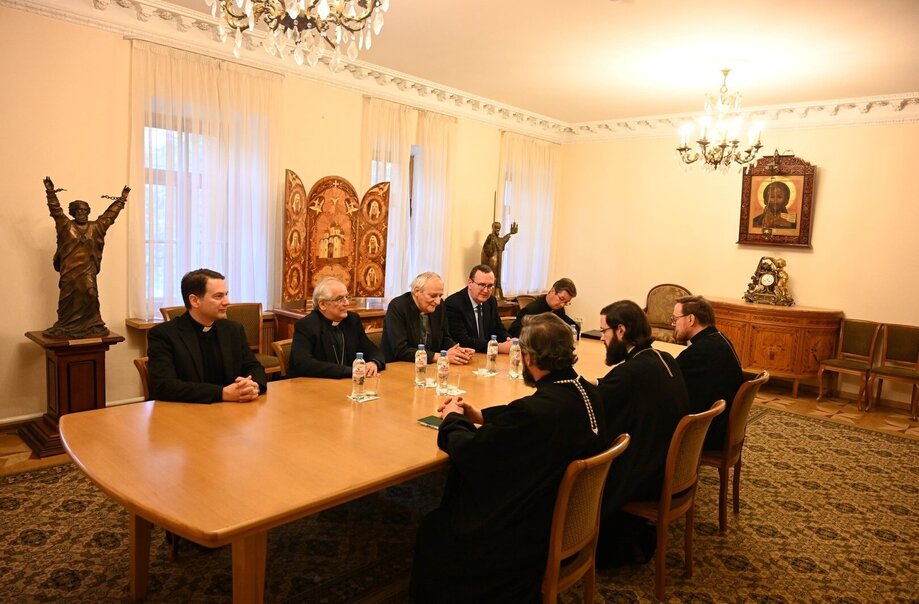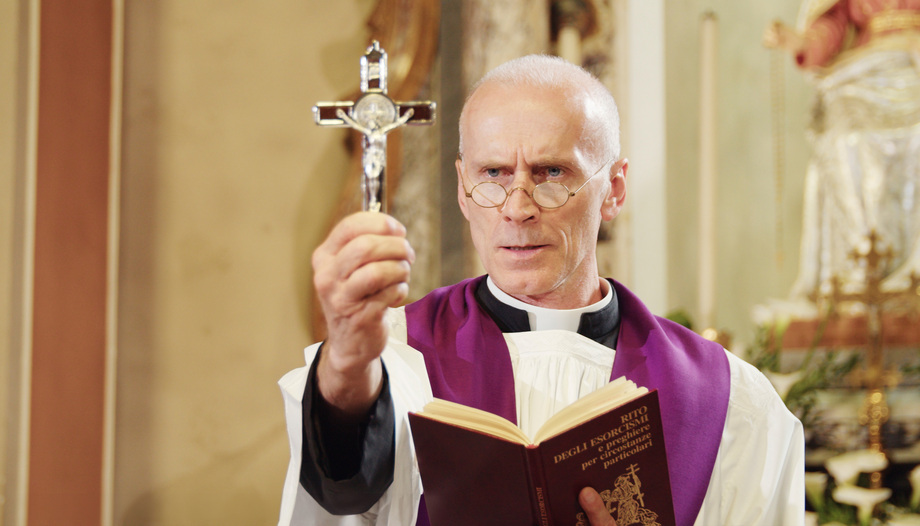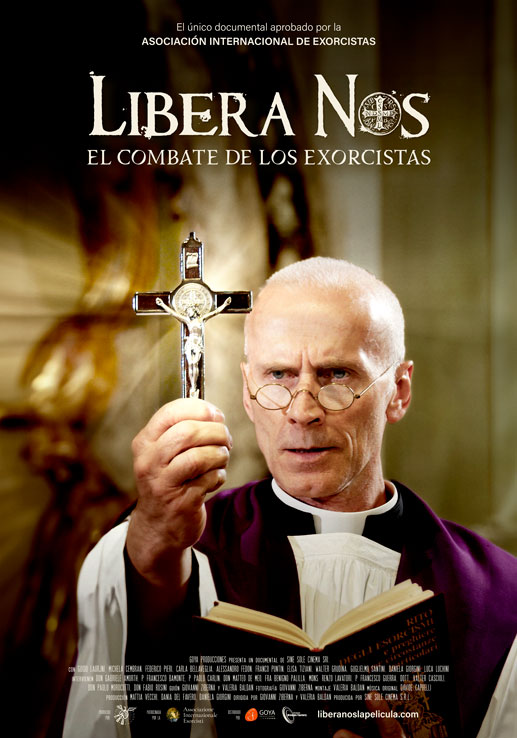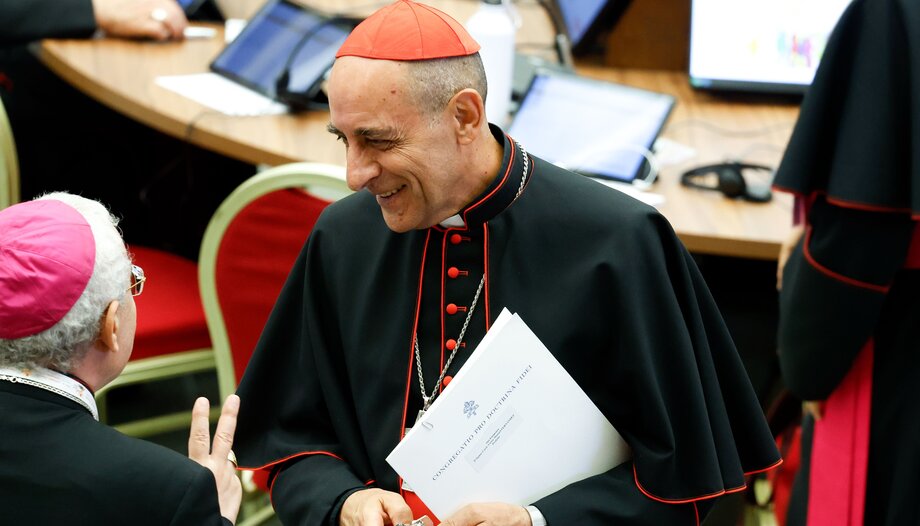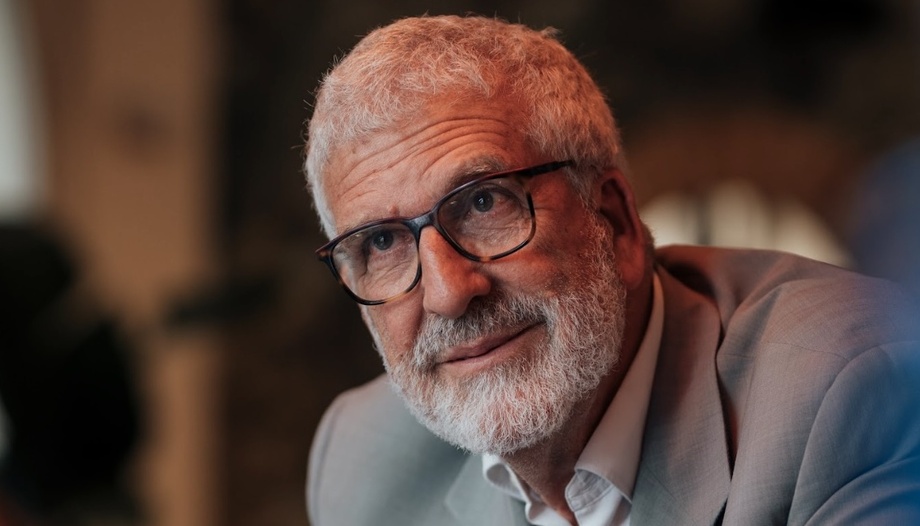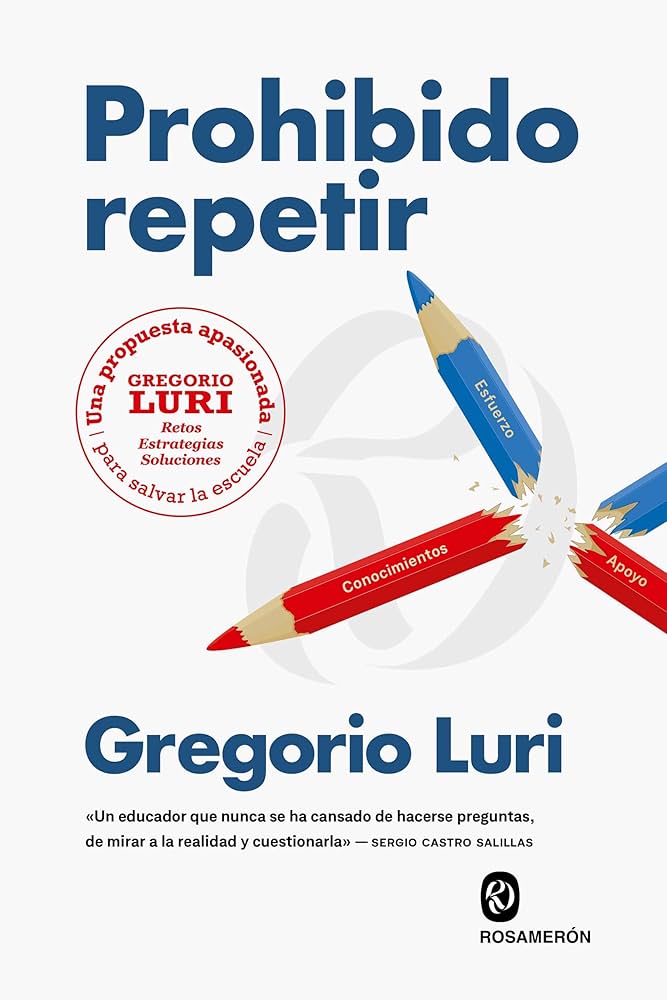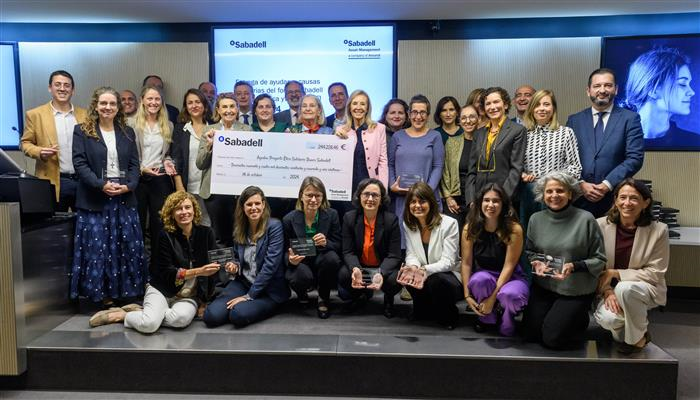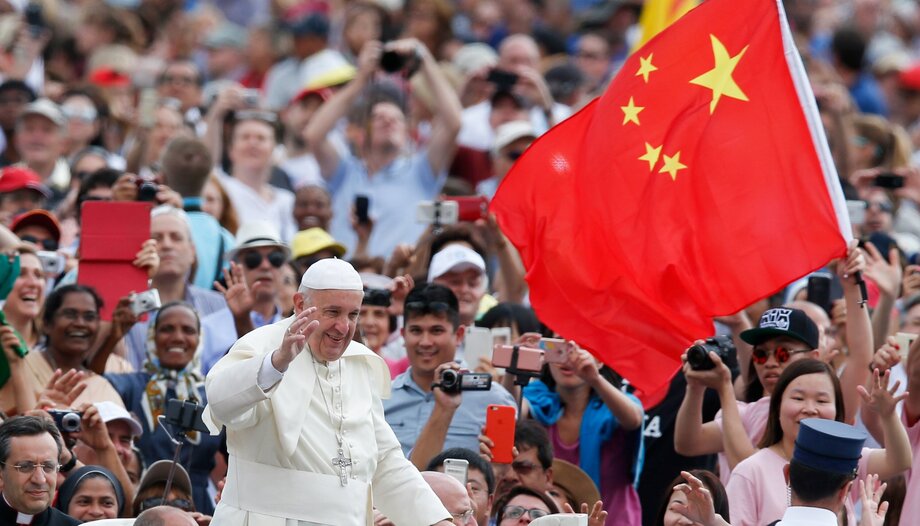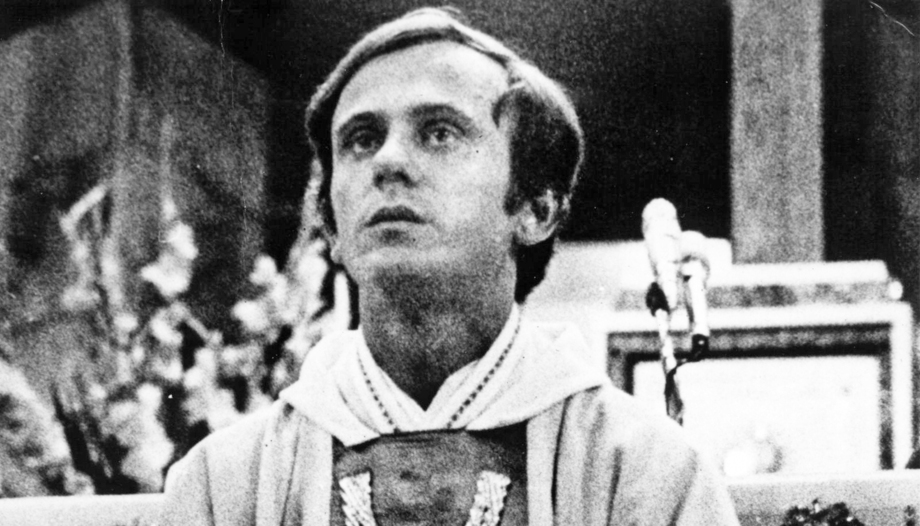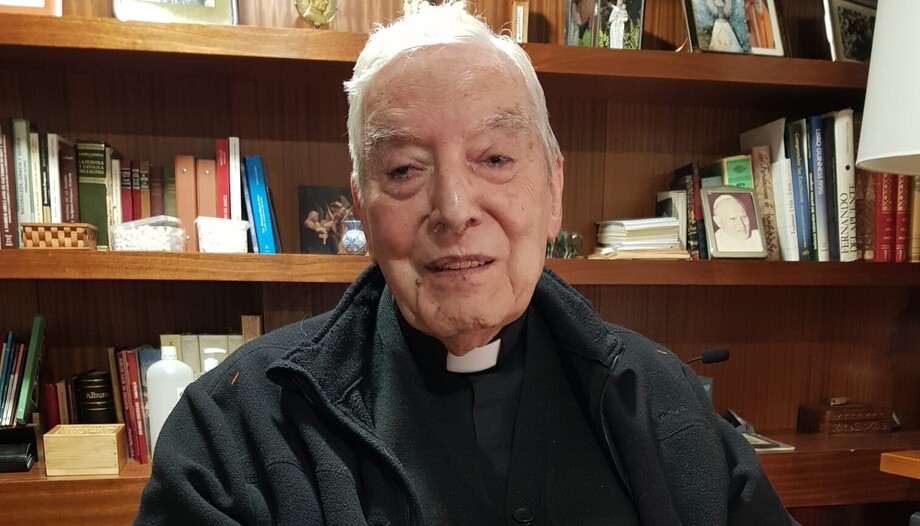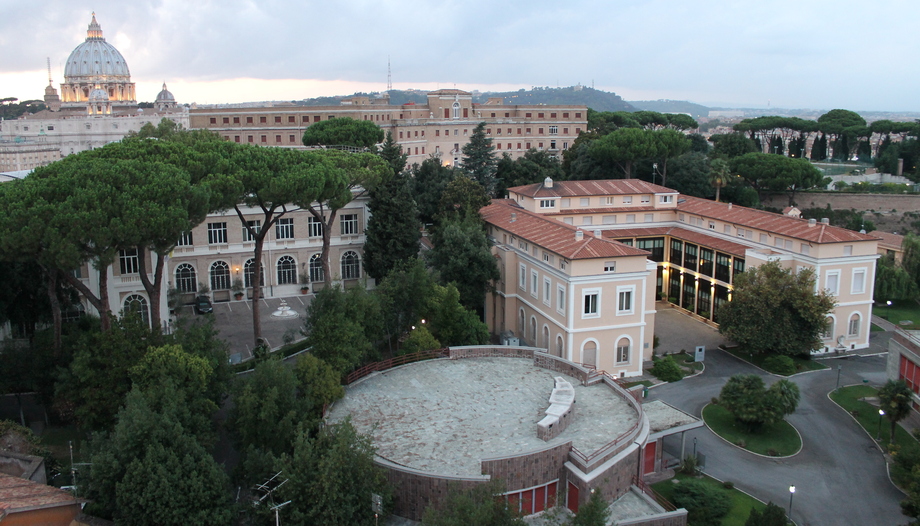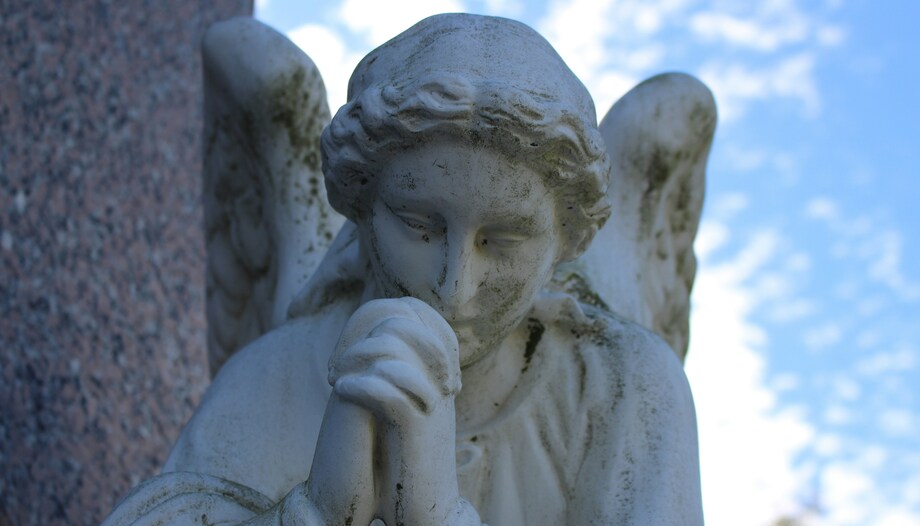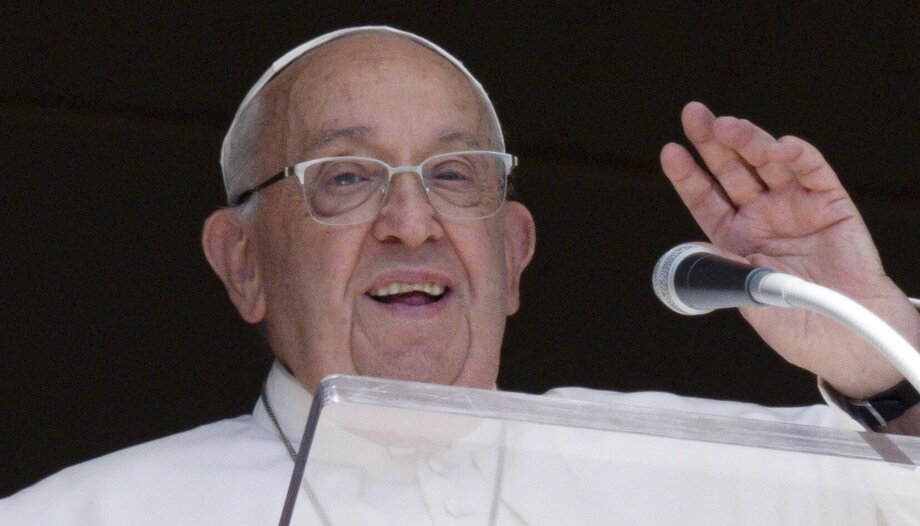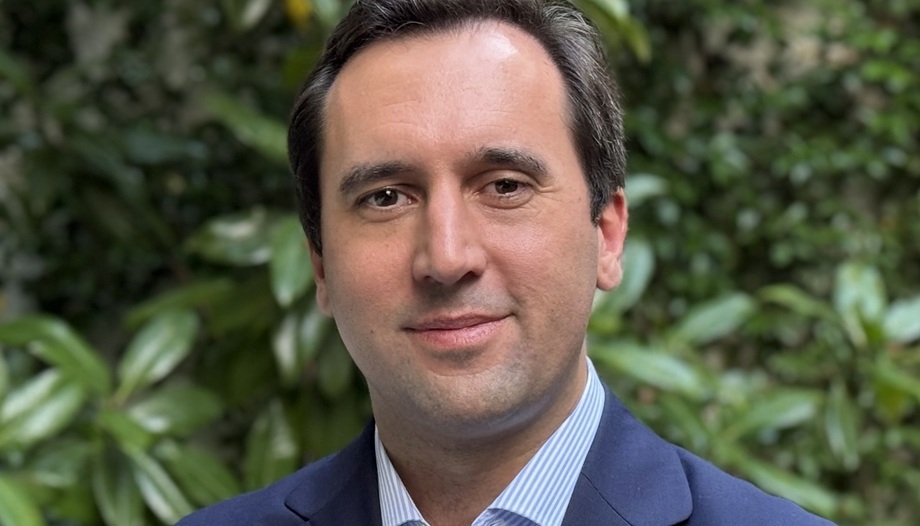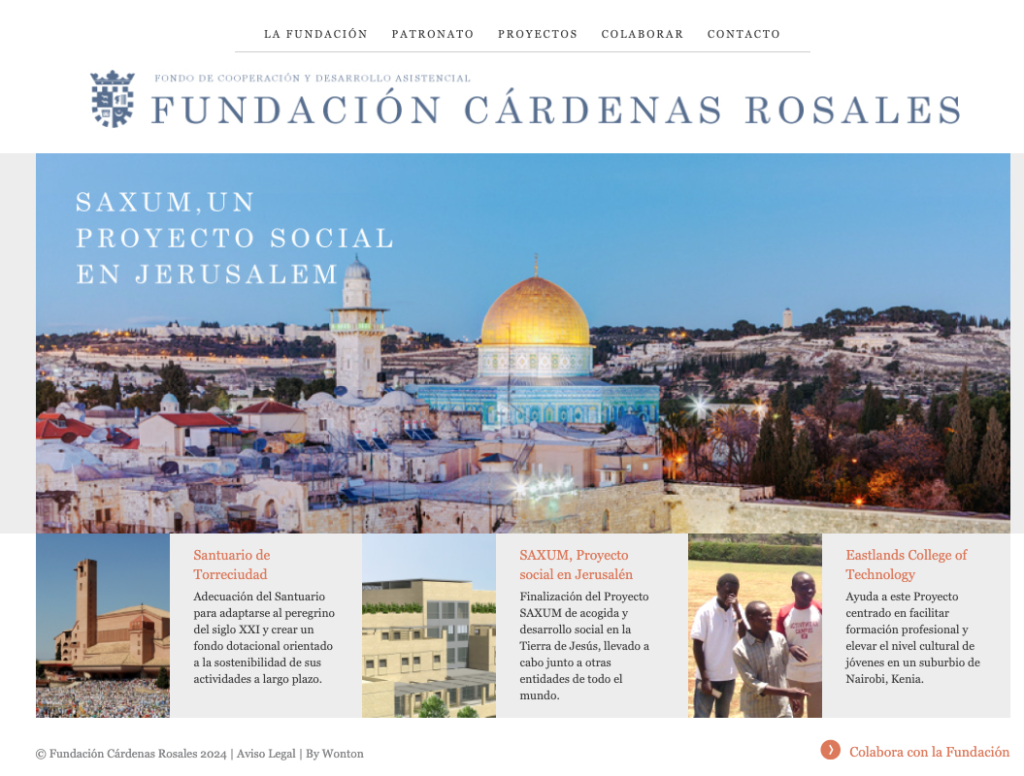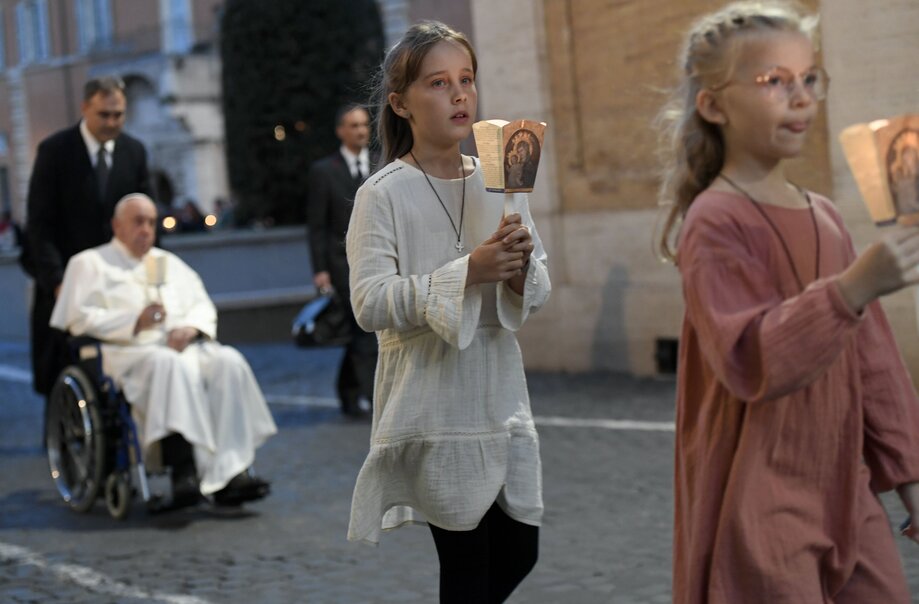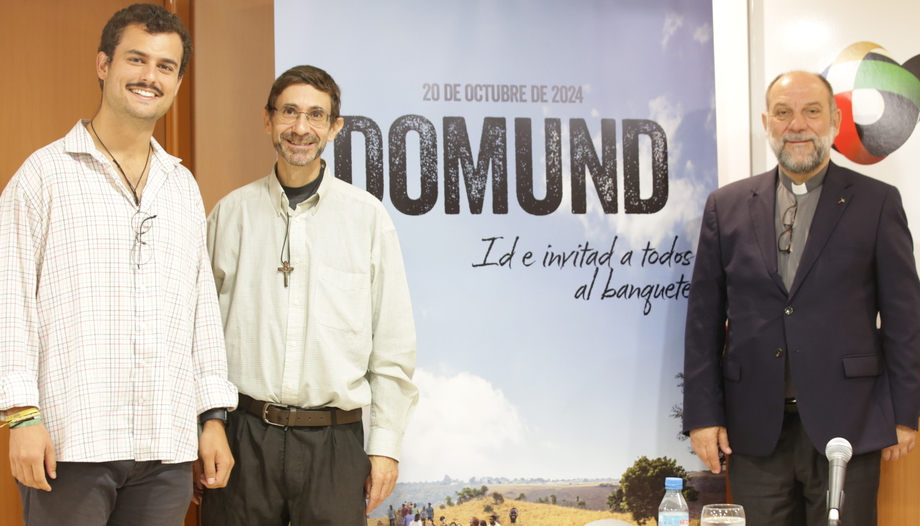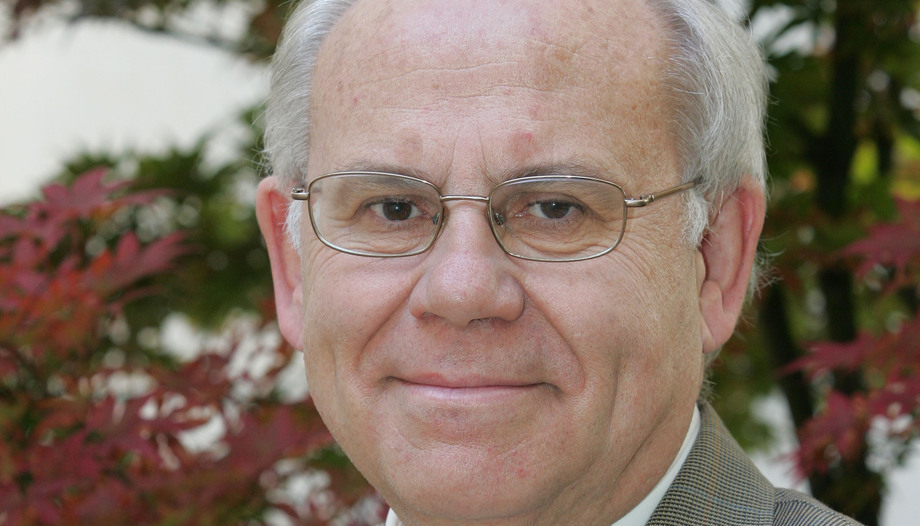On January 21, 2024, at the end of the Angelus prayer, Pope Francis convoked the Year of Prayerin preparation for the Jubilee of 2025, which he called "The Jubilee of 2025".event of grace to experience the strength of God's hope"..
This is a year in which we celebrate the first quarter of the 21st century. A century that is unrepeatable for everyone and in which many events have taken place: a war in Europe at our doorstep; the conflict in the Holy Land, which has put the whole world in check; a pandemic that left many dead and sick along the way; the irruption in the world of artificial intelligence, accessible to all and which frightens while opening up an incredible world of possibilities; and the appearance, with great force, of an anthropology that destroys family values and provokes a fierce individualism in which our world is immersed today.
Along with this - in the midst of a society far from God, which flees in terror from values - there is an innate desire in man's nature for the spiritual, provoked in many cases by the weariness and obsolescence of material goods, which do not fulfill the yearnings of the human heart.
In the midst of this "ruckus", the Pope calls for a Year of Prayer, as a way of counteracting the strength of this mass that flees from God, that does not know him or is no longer his friend.
Need to pray
Is it necessary to pray? Can we live without experiencing our relationship with God? Undoubtedly one can live, and in fact many people do, far from God, turning their backs on him or living as if God did not exist, as the Catechism of the Catholic Church says in reference to the apostolic constitution Gaudium et Spes: "Many [...] of our contemporaries either do not perceive this intimate and vital union with God at all or explicitly reject it, to such an extent that atheism must be considered among the most serious problems of this age" (Catechism of the Catholic Church, CEC, n. 2123).
We might think that their loss. Living an impoverished life does not help to enjoy all the possibilities that man has, which surpass those of the rest of the creatures, and which give content to the expression "to live a life of dignity and dignity. created in his image and likenesswhich we find in Sacred Scripture. We are not, then, faced with a need existentialwithout which we cannot live a material life, but before something that enriches life in such a way that it transforms and configures it in a superior rank, which we could call spiritual.
What happens? If we do not know how to, do not want to or cannot pray, we miss enormous possibilities of expanding our human dimension, of relating to the Creator and to creation, of discovering many things about ourselves that would enhance our existence. The plane on which we would remain would be very basic, and not the one on which we would be able to pray, but the one on which we would be able to pray. pro, to which we should aspire. The poverty to which our life would be doomed would be tremendously limiting.
If we meet this need, our existence acquires a new dimension, which enriches it exponentially.
As God becomes more present in our lives, we gain the gifts of knowledge and wisdom, which allow us to know Him and the reality around us.
Ways to pray
There are many ways of praying. In reality, they all form one and the same reality, which manifests itself in different ways.
It could be said that there are as many ways as there are people, because if there is one thing prayer is personal. Be wary of rigid and stipulated methods, ways and forms for prayer. Each person prays in his own way, as he laughs in his own way, cries in his own way and enjoys or suffers in his own way.
We cannot pigeonhole prayer, the most sublime activity that man can perform -relating with God- in a style, ways or techniques. Instead, we can take advantage of the experience of the saints, so that by looking at how they prayed, we can pray in our own way, following their example and teaching. This is the power of witness.
Vocal prayer, meditation and contemplative prayer
The Church traditionally distinguishes three general forms of prayer: vocal prayer, meditation and contemplative prayer.
Vowel sentencethat Jesus Himself taught us with the Our FatherIt is human and very appropriate when praying with other people. It unites feelings, because it is done with the heart, which must necessarily be present. To recite words without sense, is of people who lack sanity and not to pay attention to what is said is not proper of intelligent beings.
From the meditation prayer the Catechism, in number 2705, says that "is, above all, a search. The spirit tries to understand the why and the how of the Christian life in order to adhere and respond to what the Lord asks.". It takes attention that is difficult to channel and can be done with the help of a book such as ".the Gospel, sacred images, liturgical texts of the day or of the time, writings of the spiritual Fathers, works of spirituality, the great book of creation and of history, the page of God's 'today'", notes the Catechism.
It demands a personal response, as we have seen, to apply the will designed by God for one's own life, and to understand the reason for our existence, to know how to interpret it in the light of what the Creator has foreseen.
Who best defines the contemplative prayer is St. Teresa: "Mental prayer is nothing else, in my opinion, but to try to be friends, being many times alone with the one we know loves us (St. Teresa of Jesus, Book of Life, 8). This expression, so well known, contains an extraordinary beauty and reveals the main characteristics of this way of praying: in the sphere of friendship, made in a personal way and with the language of love. How difficult it is to pigeonhole this type of prayer in a concrete model, in a particular way of praying! Love cannot be pigeonholed, because the feelings with which it begins can lead the one who loves in unsuspected directions.
In this mode of prayer time stands still and is complicated to determine. "You don't do contemplation when you have time, but you take the time to be with the Lord." also recalls the Catechism. It is the prayer par excellence, which best suits our spiritual growth to know God more and better.
That personal dialogue, to try to be friends, is an extraordinary way of personal enrichment, because we drink from the same source of the Creator, we speak personally with Him and discover His love for us.
The need for love is proper to prayer, because love moves the world and man, and makes him capable of giving the best of himself. Whoever prays ends up in love with God, because he discovers how much he loves him.
To pray well
How do I know that I pray well? In reality, there is no mechanism to know the quality of our prayer. It is true that, as it transforms us, if we notice its effects in our life, it means that we are praying well.
It is evident that the silence required for prayer takes effort. Silencing the cell phone and message notifications; making sure that our memory does not prevent us from concentrating on the conversation we are trying to have with God; making the effort to think about what God is saying to us in this particular dialogue, is very demanding.
"It takes attention that is difficult to channel," says the Catechism. It makes it complicated, and does not deceive us by saying that it is simple. Therefore, it requires a place, a previous time of preparation and a certain peace in the atmosphere so that prayer can take place in the best possible conditions. Then whatever comes out will come out, because let us not forget that it is a conversation with God: God and you, you and God, alone. The one who has more things to say - and much more interesting - is the Holy Spirit, who is the one who acts in us when we pray.
When that prayer changes my life little by little, when each time I pray I leave happier and more willing to improve in what the Spirit makes me see, when I notice more of his help and how he intervenes in my life, prayer transforms my life and makes it look a little more like what God wants for it.
Gratitude, praise, petition and atonement
There are four ways of relating to others: giving thanks, praising, asking and asking for forgiveness when we have done wrong or have made a mistake. With God it should be exactly the same.
-Giving thanks is to value what they give us, what they do for us. It is a magnificent way of gaining intimacy and friendship with others. When we give thanks we are appreciating what we receive and establishing a relationship of closeness with those who have shared with us a good that is given to us.
-Praise means appreciating the greatness of the one who is superior, of the one who loves us and gives us his love. It is right to do so, as well as rewarding and enriching. Praise unites us to the one we adore, and in the way we carry it out, with the care of the liturgy -religio-, we manifest our love.
-We request to others continually and we make amends apologizing He forgives our offenses, which leads us to forgive as we are forgiven ourselves. We gain in humility by asking for forgiveness and by forgiving, because we give less importance to ourselves, and we recognize our misery and our worthlessness.
These four forms of prayer will be continually present in our personal relationship of friendship with God, they will come out spontaneously and with the naturalness of those who relate to a loved one who loves us. It is worth asking ourselves if we have not practiced any of them for a long time, if we have not praised, atoned or asked for forgiveness for a long time, or if we have been praying for a long time without asking God for anything. A normal relationship with Him will make these four attitudes alternate in a simple way, always moved by love, which will turn into gratitude for what God is doing in me.
Some practical issues
Without wishing to be exhaustive, I would like to detail some practical questions about the way of praying that can help those who are beginning in this art or those who want to improve and deepen in it.
-Place for prayer. There are no better places than others to pray, because as the Lord said, "....where two or three are gathered in my name, there am I in the midst of them". (Matthew 18:20). Any place, therefore, can be suitable for connecting with God, who is everywhere.
The Eucharistic presence of Jesus in the tabernacle is a wonderful focus of attraction that makes us see that God is physically there, with us, and greatly facilitates dialogue with Him. It will not always be the best place, but it is very difficult not to be.
The important thing is that, wherever we are, we are calm enough to engage in that slow and serene conversation".with those we know love us".
-Adequate time. The duration of this prayer should be determined by each one of us, perhaps with the help and advice of the one who accompanies us on the way to God. In some cases, our prayer can last longer, and at other times it can last less time; whatever helps each one of us the most. We have to keep in mind that the adequate time for prayer is determined by the Lord, who is the one with whom we speak.
-With or without a book? A spiritual book or the reading of a passage from the Gospel, as we said at the beginning, can be of great help to deepen our understanding of a topic on which we want to engage in a conversation or think about something in the presence of the Lord.
What would not be appropriate is to substitute reading for conversation, because that would be a different spiritual exercise. Some ideas from these books can serve to initiate dialogue or to comment with the Lord on what these paragraphs suggest to us, but not to replace it. Taking something with us to begin the prayer, or to make use of these texts when we run out of subject matter, can certainly be a great help.
-Do I take my cell phone to prayer or do I go without it? A clearly distorting element, not only for prayer, but for any dialogue with a person, is the cell phone. We will always receive messages or be distracted. Avoiding it is the best option, without a doubt.
The excuses that "that's where I jot down the resolutions and ideas I get out of my prayer," if there are any, or "that's where I keep some notes I want to talk to the Lord about," may be real, but it's always good to either put the flight mode during that time so that nothing distracts us or take notes on paper, so as not to lose the thread with distractions that the cell phone can cause us.
-What am I talking about? Of your own life. The theme of your prayer has to be the theme of your life. Tell him what you carry in your heart, your longings and hopes, what makes up your dreams and illusions, your worries and joys.
In certain circumstances, the lights you have received and the horizons that have opened up in your life can be a good way to begin that time of conversation with Him, which will lead you along the divine paths that the Lord desires.
Events that have had an impact on you; memories of the past; a project you are about to undertake, will also, of course, be the content of your prayer.
-How do I address the Lord? Naturally, because God is your Father, and the Lord is a man with a heart of flesh like yours. Familiarity and trust, as Jesus manifested with the apostles and also desires to have with you.
The Gospel is the best place where we learn how we are to treat Jesus. The apostles told him about their joys and sorrows, their own discoveriesLord, even the demons submit to us in your name. (Luke 10:17)-.
Sometimes their plans are not very supernatural, but they consult with the Master: "Do you want us to say let fire come down from heaven that will wipe them out?" (Luke 9:54) We can also ask Him about our doubts, tell Him our thoughts with simplicity in order to contrast them with His, and He will speak to us and make us see ideas that we had never thought of before.
-Is it possible to pray by talking to Our Lady or to a saint? Of course. Through their texts or by engaging in direct conversation with them, learning from their example, from their way of following Christ. That saint with whom we have more confidence, with whom we like better or whose life we know better and connect more, can help us to talk with him and learn to follow the Lord better.
-Do I have to pray every day? And, if one day I don't pray, does something happen? The answer is obvious: how can anything happen if you do not pray? The danger is that, if you stop praying day after day, in the end you lose a habit that you will have struggled to consolidate and will have to acquire again.
Consistency is a help, but not the only one. Although praying daily is very convenient, pray for the sake of praying It does not do much good either. It helps us, however, to do it at the same time, if possible at the beginning of the day, as Jesus taught us by his example, who got up early in the morning to pray (cf. Mark 1:35).. Prayer is a good way to begin the day, to give supernatural meaning to everything we are going to do, and to renew the offering we made to God at that first moment of our works.
-How does God speak to me? In many ways. Sometimes memories may come to mind; in other times of prayer you will see with new clarity ideas that you had not thought of or aspects of your life that you had not noticed until then; new lights, horizons and initiatives; things from the past for which to ask forgiveness; a great desire to thank the Lord for something he has granted you..., etc., etc. These are some of the words that God will direct you in prayer. The Lord does not paint them on the wall, nor does he usually pronounce them clearly and loudly, but with the delicacy that characterizes him, he makes them seem like our own occurrences so as not to impose himself on our free correspondence.
-When I get too many ideas in my head, what do I do? Clear some and keep a few. It is necessary to have a certain order in the conversation so as not to jump from one thing to another, and to try to order, as if you were a traffic agent, what you are talking about in prayer with the Lord. Each one matters, and undoubtedly they are lights that you will have to take advantage of in this or any other moment of your personal dialogue with Him.
-When it seems that everything refers to the same event in the past, which tortures and bogs me down and I keep thinking about it, am I praying well? Yes, but we must learn to leave it in God's hands, try to see a solution and accept it, in order to move forward. To go over and over again the events of the past does not help, because as St. Augustine said, we must entrust the past to God's mercy, the future to his providence and fill the present with God's love..
-Can you pray while singing or listening to music? Does it have to be religious? Of course it helps, because as the phrase attributed to the saint of Hippo says, "he who sings prays twice". Music elevates the spirit, and it need not necessarily be religious, applying love songs to the Lord, rather than to a particular creature. The same is true of poetry, or poetic prose, or other types of literature that we can always apply to the spiritual life.
-In order for prayer to be profitable, do I have to bring out some purpose? It does not have to be this way. Prayer is not reading, meditation and purpose. It is not about applying a technique, but about having a loving conversation with the Lord, from which lights and purposes, ideas and affections, feelings and reasons may or may not come out. God wants me to fall in love with Him, and so far no technique has been invented to do it other than having a loving conversation with the person we love, the loving details that we think and do for the person we love.
Prayer is contagious
It is one of the mysteries of prayer that, being clearly a personal action, it has effects on others: is contagious. In a given environment, when one person prays, others benefit from his or her prayer. Not only because it improves relationships in that group of people - be it a family, a group of friends or colleagues in the office - but because the communion of saints is something real and tremendously effective.
Prayer is a source of grace not only personal, but also collective. I remember when I lived in Barcelona, I used to go skiing with a group of friends to a ski resort in Girona. When we finished, we used to stop in a very small village, which had two very good things: a beautiful Romanesque church that was always open -where we used to pray for a while on the way back- and a lady who made delicious fried eggs with chorizo in her house.
One of those days, while we were praying before dinner, we noticed a figure moving in the back of the presbytery that we thought - at least I did - was a sculpture of the church. However, it was the priest, who had remained kneeling all that time in front of the Blessed Sacrament. He was an older man, with his cassock and a captivating smile, happy to see us there praying in our ski clothes. That town was the most Christian in the whole province, because it had a holy priest who prayed for everyone, including us.
Prayer not only changes us, but also transforms the environment in which we live, because we pray for others, we tell the Lord naturally what is happening to us, and we speak to him and ask him for each of the people we love.
May this year dedicated to prayer encourage us to appreciate the extraordinary importance of each of these moments and encourage us to do it better and to realize that being alone with God is an impressive luxury, which we must take advantage of and enjoy.
The authorJaime Sanz SantacruzParish Priest of the Sagrada Familia de Ventanielles (Oviedo)





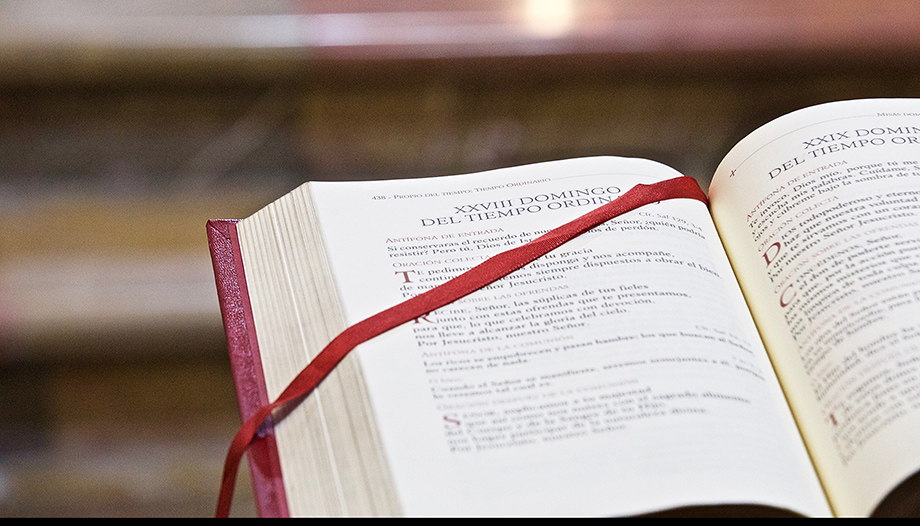






 Does the Synod want to change doctrine?
Does the Synod want to change doctrine?